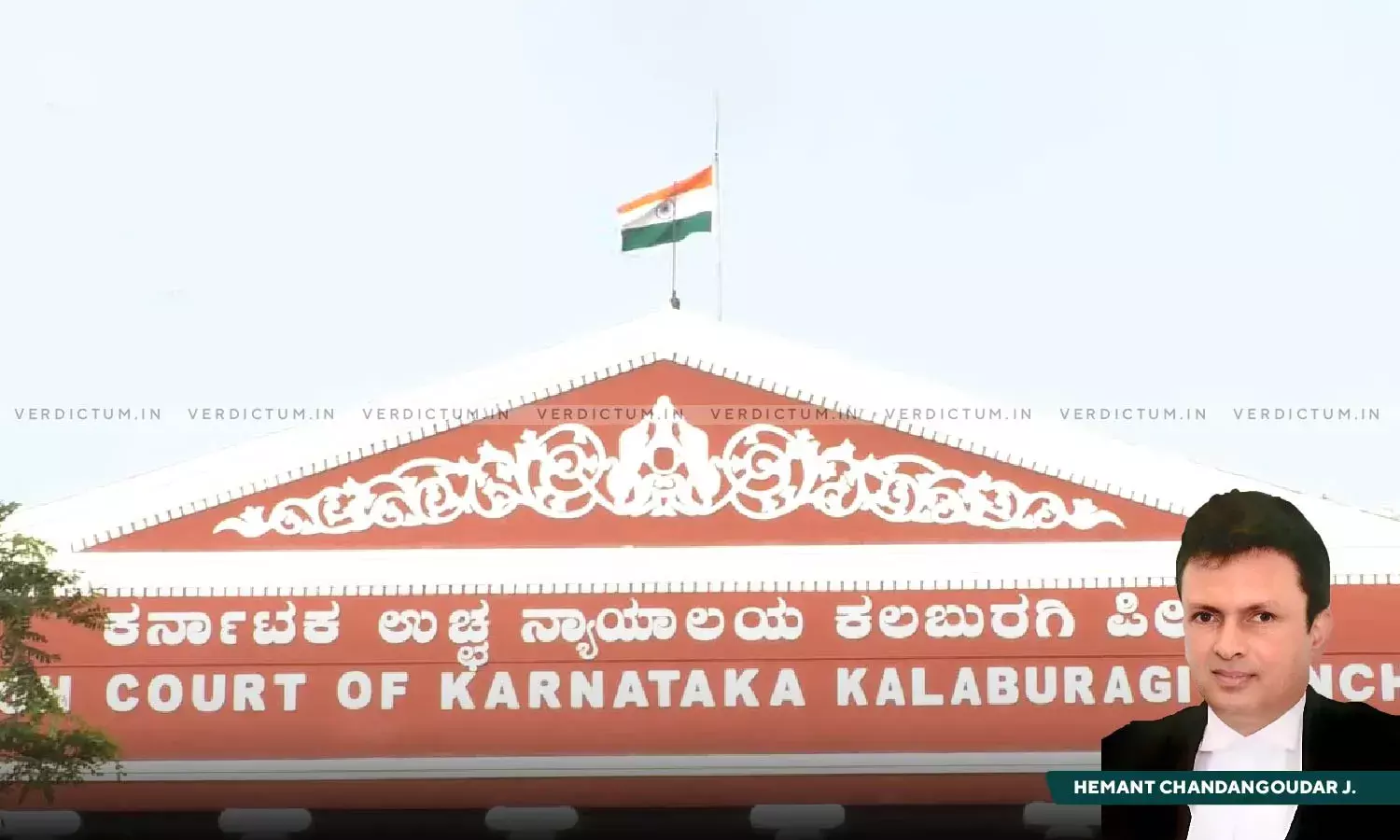Object Of POCSO Act Is Not To Criminalize Consensual Relationship Between Two Adolescents: Karnataka HC
The Karnataka High Court observed that the object of POCSO Act is not to criminalize the consensual relationship between two adolescents who had consensual sexual intercourse without knowing the consequences
The court quashed criminal proceedings against the accused, who faced charges including those under Sections 366(A), 376(1) of the IPC, Sections 4 and 6 of the POCSO Act, 2012, and Section 9 of the Prohibition of Child Marriage Act, 2006, citing the consensual nature of the relationship between the accused and the minor survivor.
It was alleged that the accused, knowing the survivor was a minor, married her and committed sexual assault.
The survivor, her parents, and the accused filed a joint affidavit stating that the marriage was inadvertently solemnized, and the sexual intercourse was consensual as they were in a relationship. A male child was born from this relationship. They also mentioned their dependency on the accused for livelihood and the economic challenges they faced.
A Bench of Justice Hemant Chandangoudar held, “The object of POCSO Act is to protect minors from sexual abuse and not to criminalize the consensual relationship between two adolescents who had consensual sexual intercourse without knowing the consequences. The petitioner and the survivor come from the lower socio economic segment having limited access to information and knowledge, thus depriving them about the consequences in having consensual sexual intercourse. Though having sexual intercourse consensually with the minor is an offence under the POCSO Act, however, having regard to the facts and circumstances of the case, to secure the ends of justice, it would be appropriate to quash the impugned proceedings, otherwise, it would result in miscarriage of justice to the survivor and the child.”
Advocate Abhishek Ramesh appeared for the Petitioner and Advocate Vinay Mahadevayya appeared for the Respondents.
The State argued against compounding the offenses due to their seriousness, but the court considered the circumstances.
The Court noted that while consensual intercourse with a minor is an offense under the POCSO Act, in this case, quashing the proceedings was deemed appropriate to prevent further harm to the survivor and her child, as continuing the case would result in miscarriage of justice. The Court added, “The survivor is aged 16 years as of today. The survivor and her newly born child are dependent on the petitioner for their livelihood, and there are no other means of eking livelihood. The parents of the survivor, who were present before this Court on 29.12.2023 have expressed their inability to maintain the survivor, and the child since they come from economically weaker section. The petitioner is in judicial custody and is unable to support the survivor and the child. If the criminal proceedings are allowed to continue, it would result in incarceration causing more misery and agony to the survivor and her child rather than securing the ends of justice.”
Therefore, the petition was allowed, and the proceedings were quashed. The petitioner was ordered to be released from judicial custody unless required in any other case.
Cause Title: X v. The State of Karnataka & Ors., [2024:KHC:6949]
Appearance:
Petitioner: Advocates Abhishek Ramesh and Seetharamu P.
Respondents: Advocates Vinay Mahadevayya and Gandavarapu Krishna Revanth
Click here to read/download Judgment




